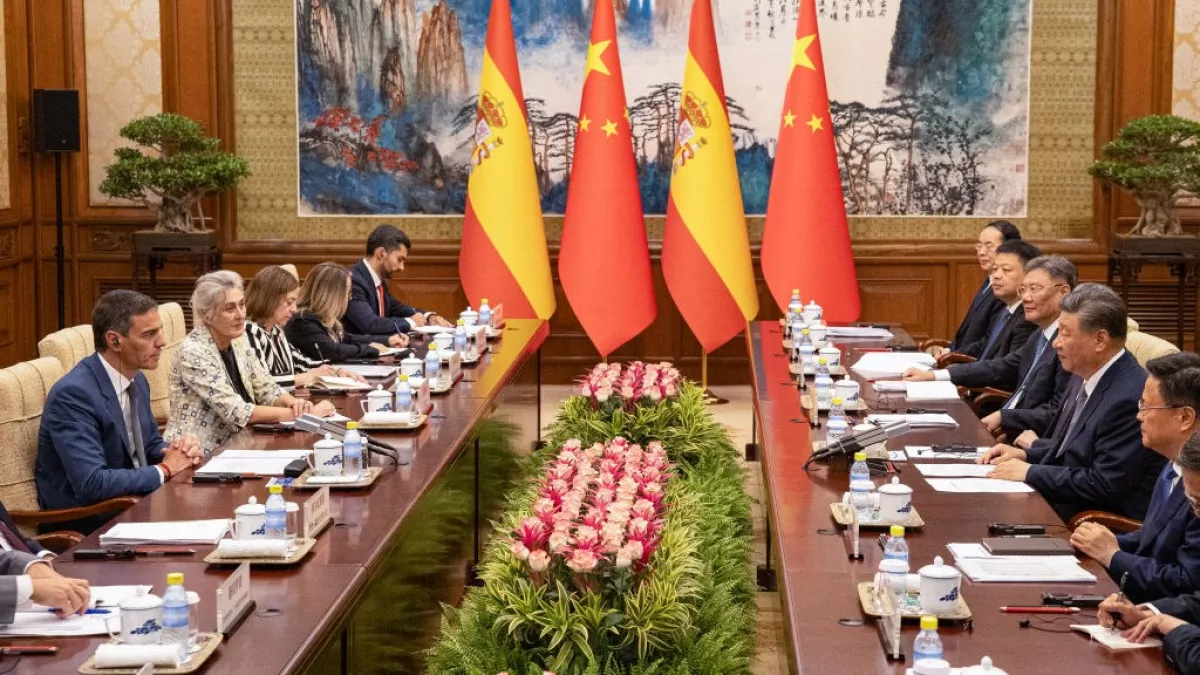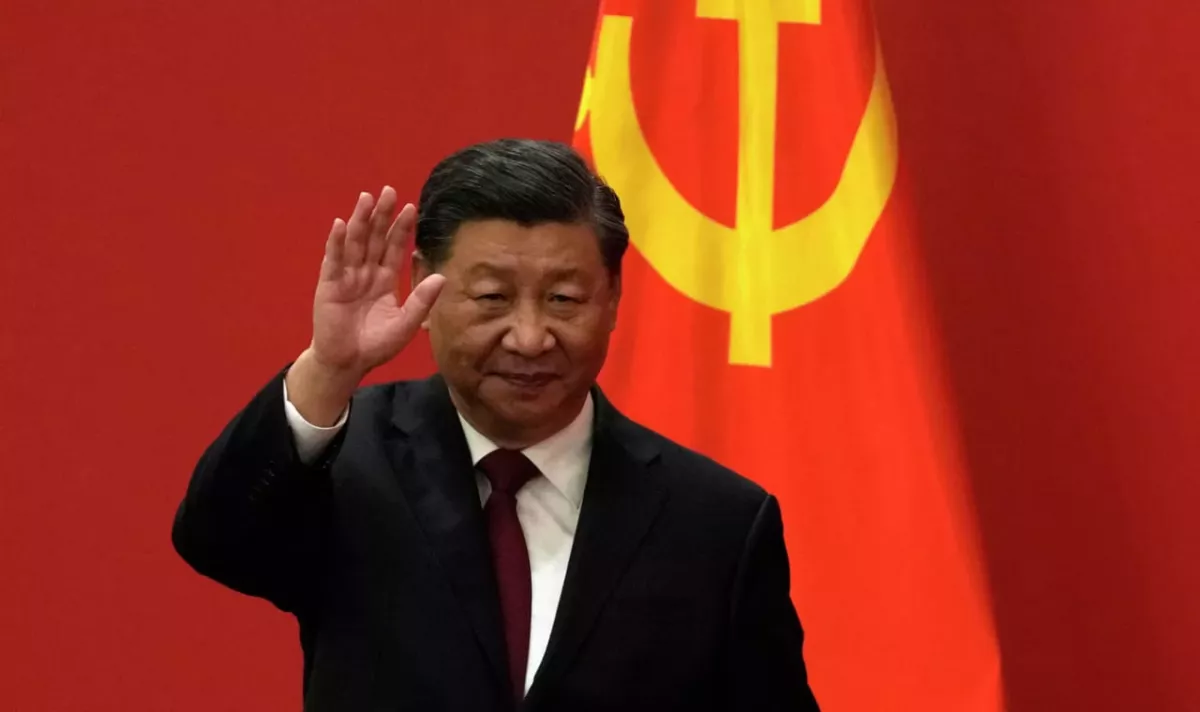Beijing’s European gambit Unraveling the Old World’s divisions
How masterfully Beijing conducts its European game, demonstrating how ephemeral Europe's unity is. On September 11, during his visit to China, Spanish Prime Minister Pedro Sánchez loudly called on the European Union to "reconsider the proposed tariffs on imports of Chinese-made electric vehicles."
In light of this, it is worth noting that in the fall of 2023, the European Commission (EC) began an investigation into Chinese electric vehicle manufacturers, claiming that the export of Chinese electric cars to Europe is facilitated by hidden subsidies received by Chinese automakers from the state, which allows them to sell their vehicles at reduced prices, thereby "undercutting" European competitors. The investigation reported that the distribution of Chinese state finances throughout the supply chain, leading to the risk of substantial economic losses for European competitors, prompting Brussels to propose additional tariffs on Chinese cars. However, at the end of August, Brussels expressed openness to negotiations and finding an alternative solution based on WTO principles.
Returning to Sánchez’s remarks in Beijing, it is notable that he confidently expressed the view that "we do not need another war, especially a trade war." He emphasized the need to "build bridges between the EU and China." The Spanish Prime Minister also voiced concerns that a "trade confrontation" could be counterproductive, particularly if it leads to retaliatory measures against pork products—one of Spain’s key sectors. This was in reference to the anti-dumping investigation launched in China in June in response to the "tariff disputes" over imports of pork and pork by-products from the EU. Sánchez concluded, "From Spain’s perspective, we should be constructive and seek a compromise between Beijing and the European Commission. If you ask me, I would say we are reevaluating our position." At a press conference, Sánchez highlighted that there are "significantly more areas of agreement than disagreement" between Spain and China and underscored the need to "rebalance" bilateral relations due to the trade deficit between the EU and China.

Following the Spanish Prime Minister’s comments, several major news sources highlighted that Madrid’s proposal "exposed political divisions ahead of a vote that could make these tariffs mandatory for at least five years." However, was Spain’s stance against the European Commission really a novel development? In April 2024, pro-China sentiments in the automotive sector were also expressed by German Chancellor Olaf Scholz. During his visit to China, where he was joined by executives from major German companies like Mercedes-Benz and BMW, Scholz advocated for opening the European market to Chinese cars. Although he stressed that "competition should be fair, without dumping," he also noted that "at some point, Chinese cars will become widely available, not only in Germany but across Europe."
The statement led to a sharp negative reaction from Brussels, but in June, Scholz provoked even greater irritation in the European Commission with his proposal to prevent the escalation of the "auto dispute" between the EU and China by simultaneously imposing 15-percent tariffs on car imports from both sides. In response, Brussels unequivocally deemed Berlin’s initiative as a "naïve and impractical plan." As experts noted, Scholz's proposal came against the backdrop of Beijing’s softly voiced suggestion to Berlin regarding significant benefits for German car manufacturers if Germany took steps to persuade the European Union to reduce tariffs on Chinese electric vehicles.
Turning to recent developments, during Chinese President Xi Jinping’s visit to Budapest in May, it was announced that in 2025, the first electric vehicles from the Chinese company BYD are expected to roll off the production line at a factory in Szeged, Hungary (agreements for the factory were made in December 2023). Hungarian Foreign Minister Peter Szijjarto described the factory as "one of the largest investment projects in Hungary's economic history, creating thousands of new jobs." Ahead of his visit to Budapest, Xi Jinping framed this collaboration as a joint effort to challenge the geopolitical order in an unstable world, emphasizing the sovereignty and full independence of both nations.

Pedro Sánchez’s recent remarks during his visit to China highlight that the "European kingdom" is far from being truly unified. This is evident from ongoing disputes over the Schengen zone, where Germany continues to play a dominant role.
Amidst Spanish Prime Minister Sánchez’s comments about China’s “key role in the world, including Europe,” and his emphasis on creating “closer, more fruitful, and balanced relations” between Beijing and the EU, Xi Jinping expressed hope that Spain will continue to ensure a “fair, just, and non-discriminatory business environment” for Chinese companies investing and doing business in Spain. In light of this, the Chinese leader called for both sides to “maintain a commitment to inclusiveness” and foster “growth in friendship between the peoples of the two countries.” He also expressed China’s readiness to summarize the “successful experience” of relations between Beijing and Brussels and promote their further progress, where China could play a “constructive role.”
So, after Hungary, Germany, and Spain—who will be next?








